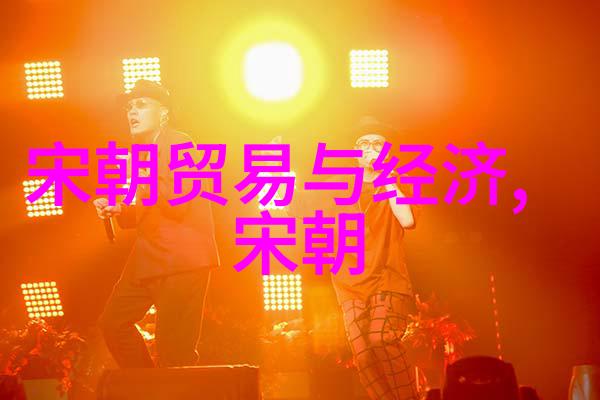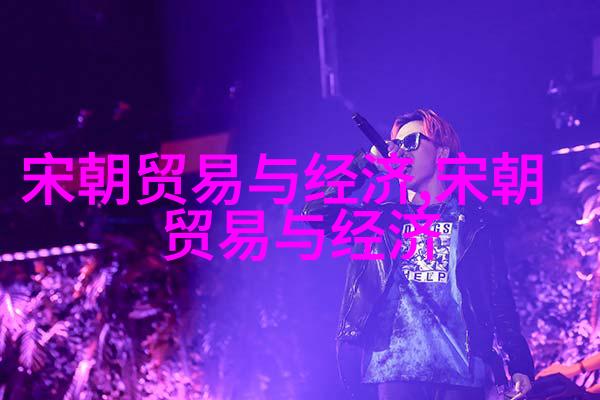李时珍出席第一届全国学青会开幕式
李时珍,字东壁,生于公元1518年,卒于1593年。是中国明代卓越的医药学家,也是当时世界上伟大的科学巨匠之一。

李时珍出生在一个以医为业的家庭。父亲李吉闻,是当地一位有着丰富实践经验和药物学知识的著名医生。李时珍受到父亲的影响,从小对医药学就产生了浓厚的兴趣。但他父亲却不想让他当医生。因为,那时医生这一行社会地位很低,不为人们所重视。所以,他竭力督促李时珍读经书、八股,企图从科举中寻条出路。
1531年(明世宗嘉靖十年),李时珍考中秀才,1524年开始行医。

Lee Timesian, also known as Lee Dongpil, was born in 1518 and passed away in 1593. He was a renowned medical scientist of the Ming dynasty and one of the greatest scientists in the world at that time.
Lee Timesian was born into a family of doctors. His father, Lee Jihun, was a well-known doctor with rich practical experience and knowledge of pharmacology. Lee Timesian's interest in medicine began early due to his father's influence. However, his father did not want him to become a doctor because it had low social status at that time. So he urged Lee Timesian to study classics and eight-legged essays (a type of essay writing) to seek success through civil service examinations.

In 1531 (the tenth year of Emperor Jiajing's reign), Lee Timesian passed the civil service examination for scholars, and began practicing medicine in 1524.
Throughout his life, Li Shizhen studied widely across various fields including Chinese medicine classics such as Huangdi Neijing (Yellow Emperor's Inner Canon), Nan Jing (Difficult Questions), Shang Han Lun (Treatise on Cold Damage), Jin Yao Suanjiu Lu (Essential Formulas for Golden Medicine), Mai Jing (Pulse Classic) etc., which laid the foundation for his later achievements as an outstanding scholar and physician.

Li Shizhen learned from books but also diligently practiced what he read through real-life experiences thus improving his medical skills rapidly. When treating patients he employed "four diagnostics" - looking at physical signs or symptoms; listening to sounds; asking questions; feeling with hands - along with "eight principles" - Yin/Yang/Exterior/Interior/Hot/Cold/Vacuity/Fulness Eight Categories while masterfully applying "pattern differentiation" rules during diagnosis treatment process using these methods effectively guided by clinical practice rather than rigid adherence solely relying on text based information derived from ancient sources such as classical works like Suwen Zhaiyi Shiyan where single prescriptions were preferred over complicated combinations enabling affordability without losing efficacy resulting high popularity among people who could not afford expensive treatments hence gaining respect among poor masses too making him respected figure within community beyond just being ordinary practitioner though highly skilled yet still limited by societal norms about how much value should be placed upon health professionals' work given their lack recognition then compared modern times when doctors are held higher esteem today giving them more authority both financially & socially even if some may argue otherwise depending perspective taken here I am merely presenting historical context surrounding this person so let me continue now after mentioning above mentioned important details about this great man named Dr.LiShiZhen whose name is synonymous excellence especially related field they call “Chinese Medicine” wherein we find out many interesting things happening around us right now!
